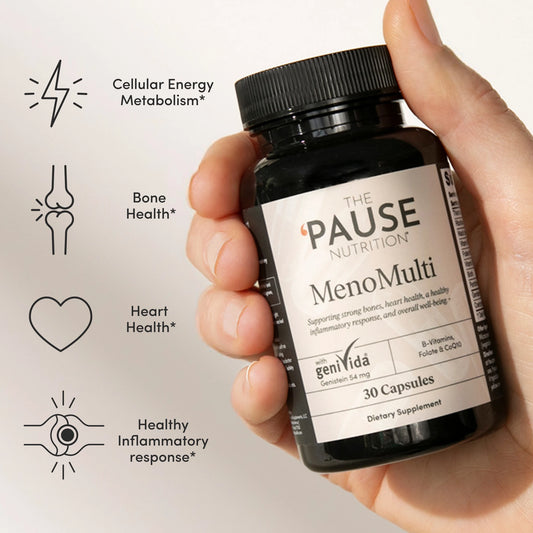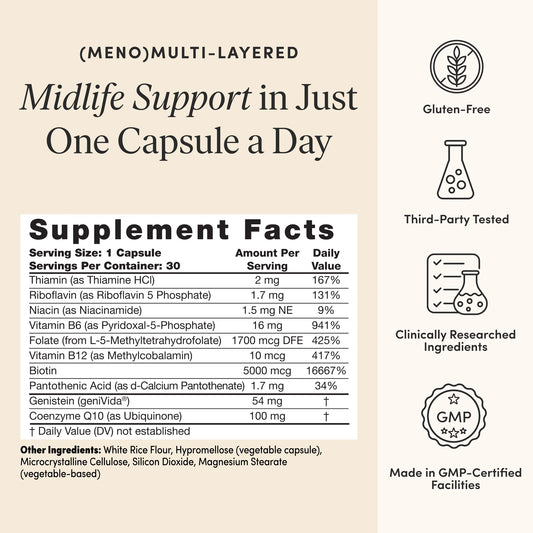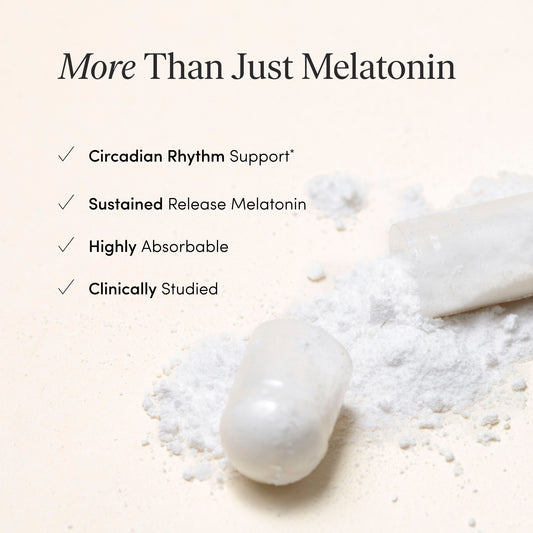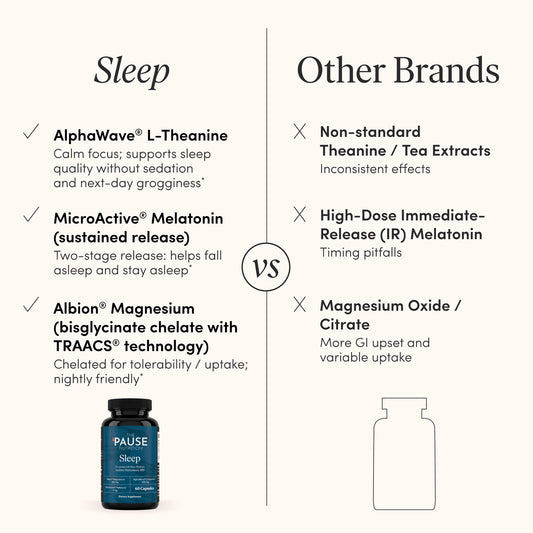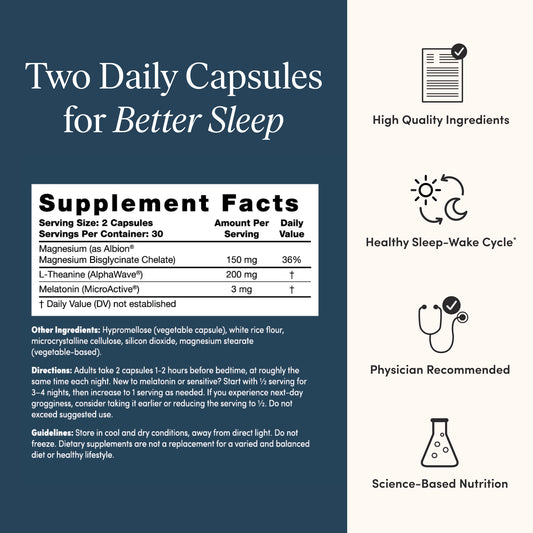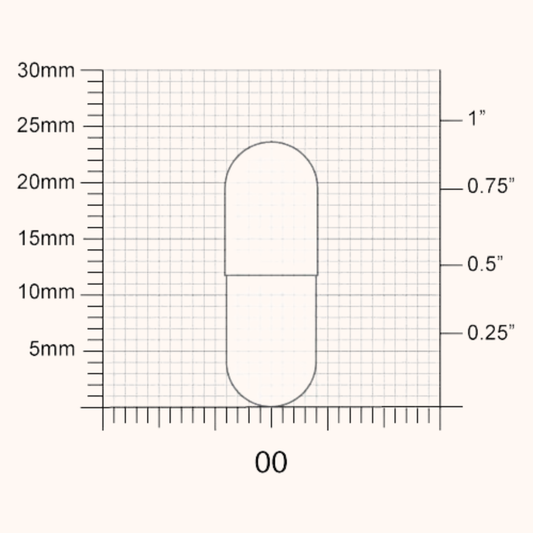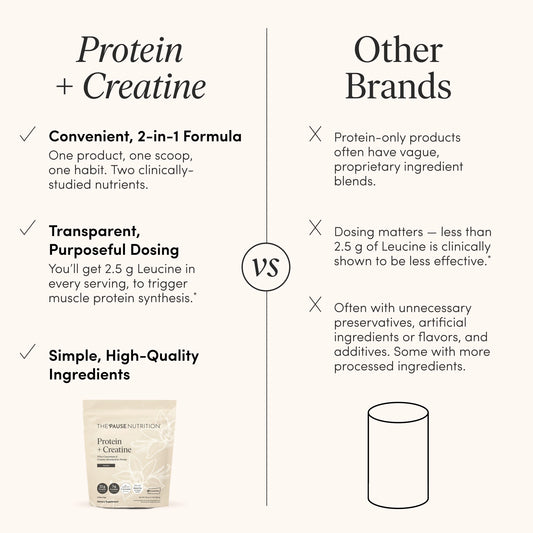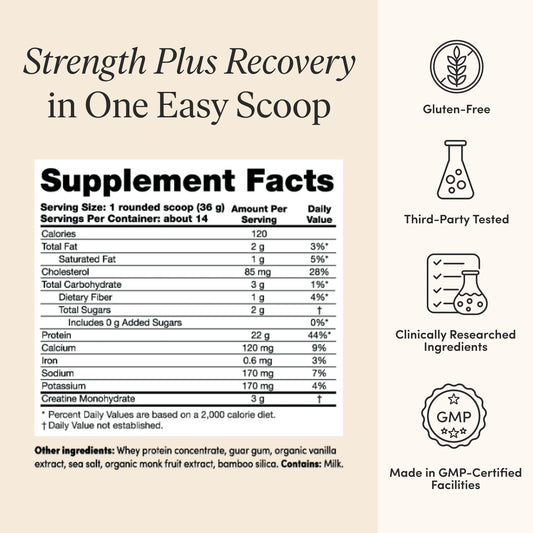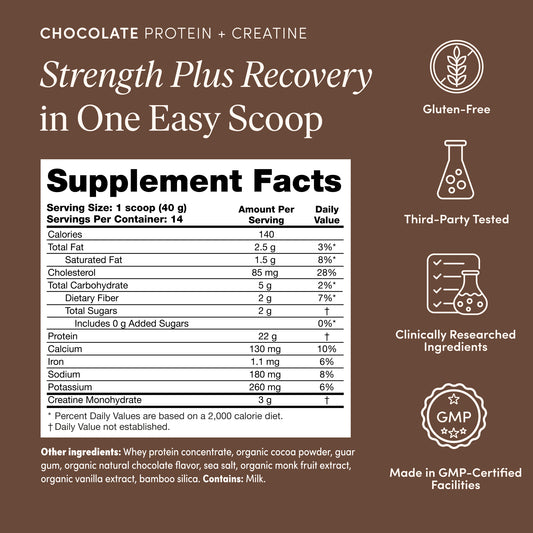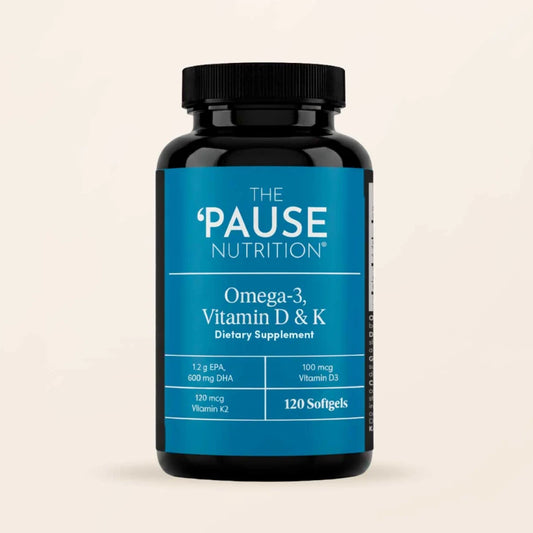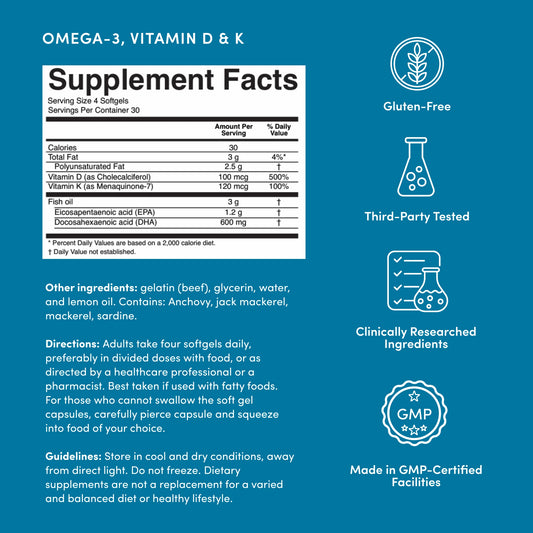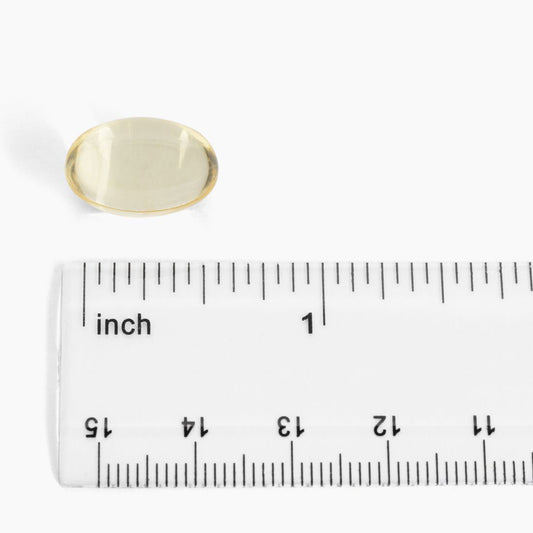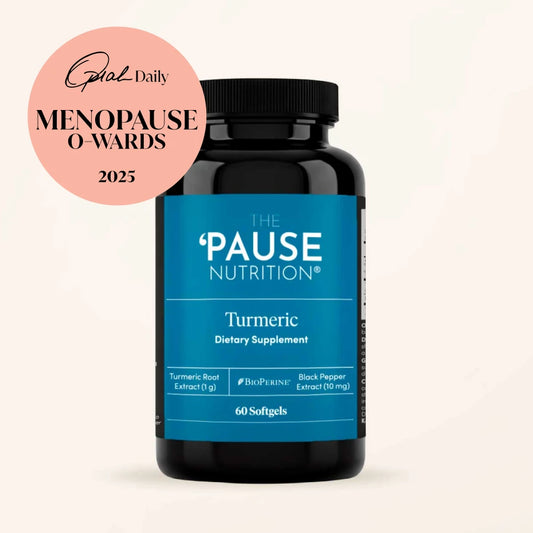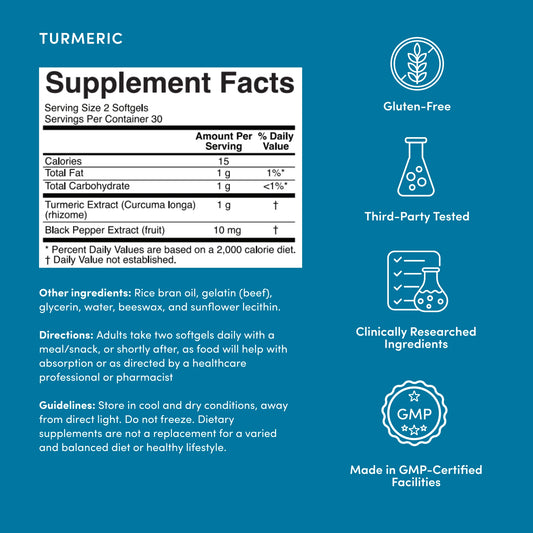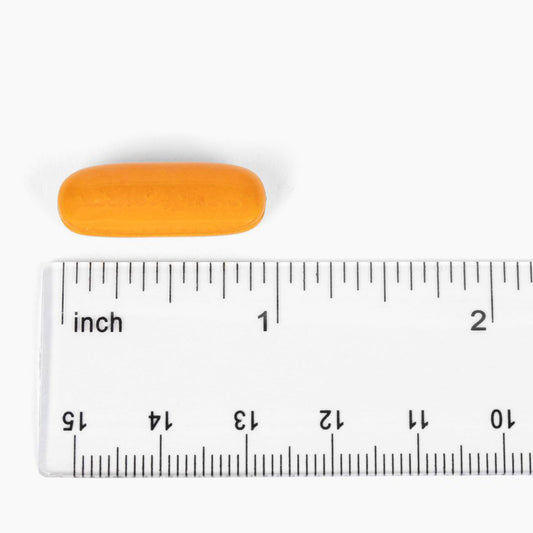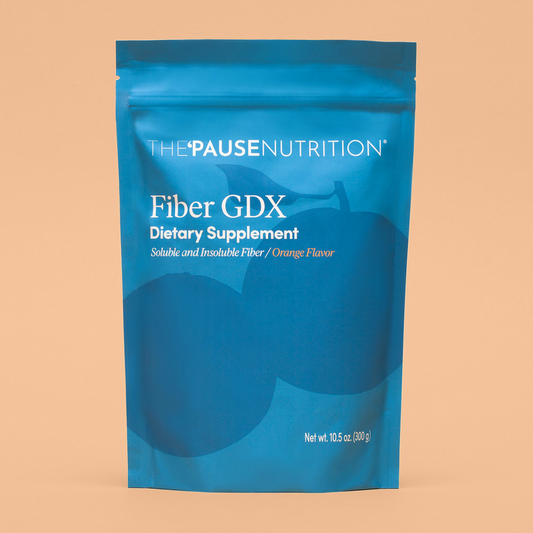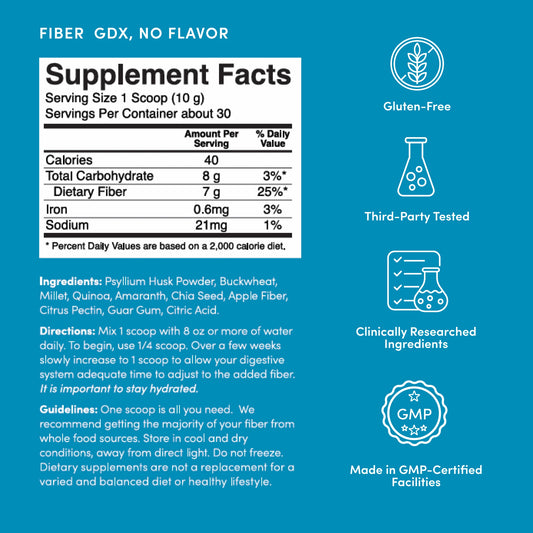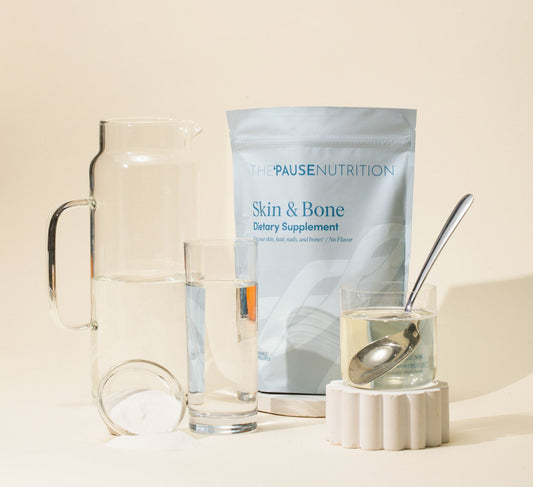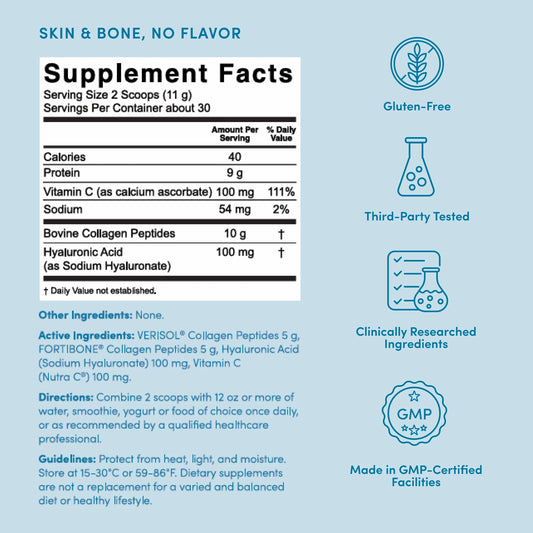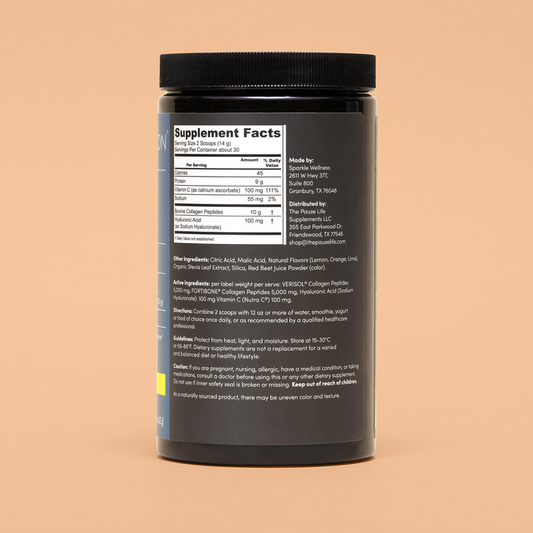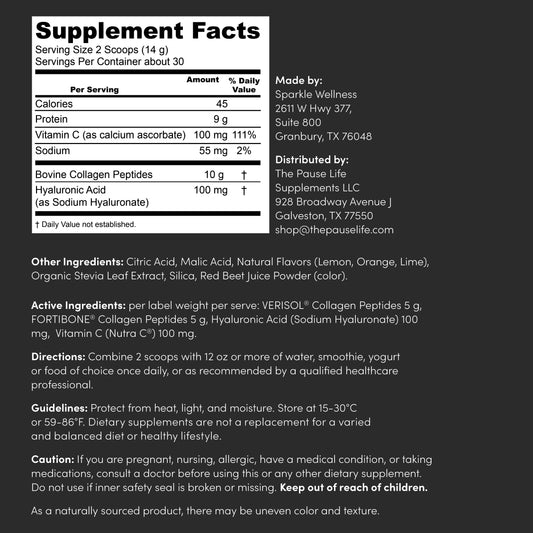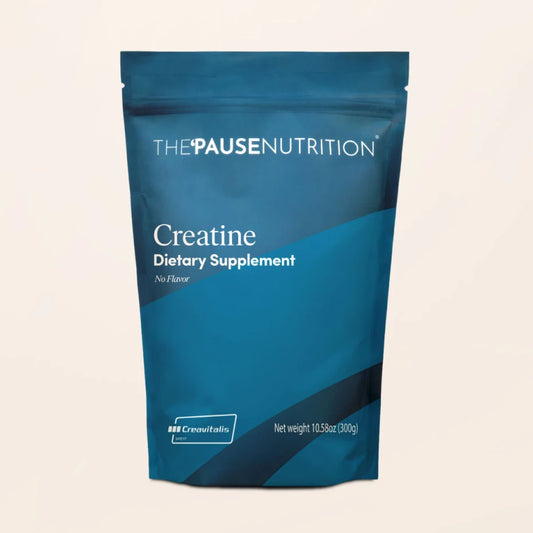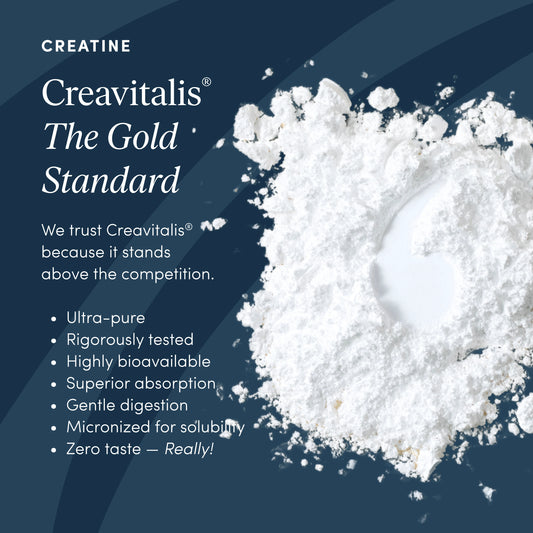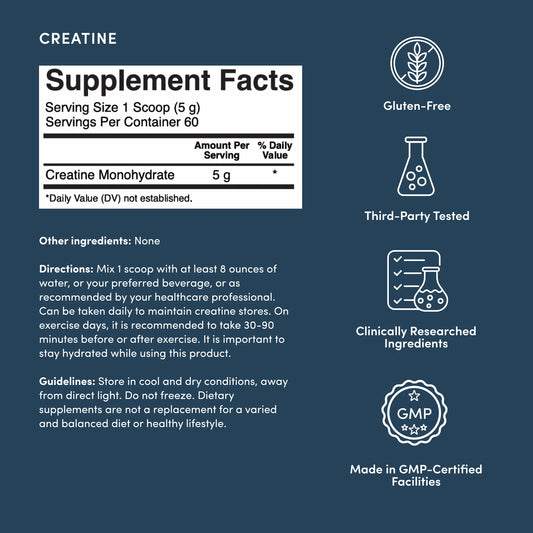Menopause And Hormone Therapy Nomenclature: What’s In A Name?

Share
The menopause journey can feel like it has its own unique language. What is the difference between pre menopause, perimenopause, menopause and post menopause? How do I know what stage I'm in? Is it “hormone therapy”, “hormone replacement therapy” or "menopause hormone therapy"? Are they the same, or different?
If you think menopause lingo feels like alphabet soup, you are not alone.
Let's start with the basics.
The Phases And Stages Of Menopause
Menopause is a natural biological process that marks the end of a woman's reproductive years. But the word "menopause" is actually a broader, umbrella term used to reference part of a longer transition that happens in stages. Each stage -- pre menopause, perimenopause, menopause and post menopause -- has its own characteristics, symptoms, and health considerations. Understanding the differences can help you better prepare and manage your health during these important phases of life.
-
Pre menopause: This stage includes the entire span of a woman's life after puberty and before the onset of perimenopause. During this time, menstrual cycles are regular, and the body produces normal levels of reproductive hormones like estrogen and progesterone.
What To Know:
- Women are fertile during this stage.
- Hormone levels fluctuate with the menstrual cycle but are generally balanced.
- Most women experience pre menopause from their teenage years until their 30s or 40s.
-
Perimenopause: This is the transitional phase leading up to menopause and it's when the ovaries begin to produce less estrogen, causing changes in the menstrual cycle and the onset of a myriad of menopause symptoms. This is what I refer to as the "zone of chaos", which deserves its own explanation, so be on the look out for my next book, The New Perimenopause, available Spring 2026.
What To Know:
- Perimenopause usually begins in a woman's 40s but can start earlier.
- Symptoms can last several -- typically between 4 and 8-- years.
- Common symptoms include changes in body composition, irregular periods, hot flashes, mood swings, sleep disturbances, and vaginal dryness.
- Pregnancy is still possible during perimenopause.
-
Menopause: This stage is actually just one day of your life and is officially diagnosed when you've gone 12 consecutive months without a menstrual period, without other medical or surgical causes. This marks the end of menstrual cycles and fertility.
What To Know:
- The average age of menopause in most countries is around 51. For more specific information about how your ethnicity can affect age and symptoms of menopause, read this article.
- It's a natural, normal part of aging.
- Symptoms often continue during this phase, including hot flashes, night sweats, mood changes, joint aches (musculoskeletal syndrome of menopause (MSK syndrome)), vaginal dryness (genitourinary syndrome of menopause (GSM)).
- Menopause can also occur earlier due to medical treatments like chemotherapy or surgery.
-
Post menopause: This stage refers to all the time you live after your menopause. Hormone levels remain consistently low, menstrual periods do not return.
What To Know:
- Symptoms may ease for some women, but persist for others.
- Long-term health considerations include a higher risk of osteoporosis, heart disease and vaginal atrophy due to lower estrogen levels.
- Hormone therapy or lifestyle adjustments may help manage symptoms and protect health.
Hormone Therapy Nomenclature
Now that you have a basic understanding of this terminology and, perhaps, where you are in your own menopause journey, let's move on to discuss various naming conventions, which vary widely among healthcare professionals and organizations.
The terms that are used to describe hormone therapy in menopause are evolving as experts learn more and opinions change in the medical field, which means it takes some effort to keep up with the latest opinions and terminology. I’m weighing in to give you the facts about hormone therapy during menopause, and what the different terms and phrases actually mean.
Hormone Therapy (HT)
This is a general term that describes the use of hormones to address various medical conditions, including menopause. It is a broad term that does not specifically indicate menopause, as hormones can be used to treat a variety of other conditions.
Hormone Replacement Therapy (HRT)
HRT was the term originally used to describe the practice of replacing hormones that decrease during menopause. However, it fell out of favor because of concerns and controversies surrounding the risks and benefits.
Menopausal Hormone Therapy (MHT)
Menopausal hormone therapy is becoming a more popular name for what has historically been called hormone replacement therapy. MHT describes hormonal therapy that is used for women experiencing menopausal symptoms. Adding the word “menopausal” to “hormone therapy” clarifies that this type of therapy is intended for women in midlife and beyond.
The Debate Over Hormone Therapy for Menopause
In addition to deciphering all the different terminology used to describe menopause treatment, our society still has much to learn about the risks and benefits of hormone therapy. Differences of opinion are shouted loudly by healthcare providers via the media, and by well-meaning friends on social media, leaving women confused and unsure who to believe.
Safety Concerns
In the early 2000s, the Women’s Health Initiative (WHI) conducted a study that raised concerns about potential risks associated with HRT, including an increased risk of heart disease, breast cancer, and stroke. This study created a sense of fear and skepticism among both patients and healthcare providers and led to a decline in the use of HRT for menopause.
However, subsequent research has provided a more nuanced understanding of HRT. Experts now know the risks and benefits can vary based on the type of hormones being used, the timing of treatment, and the woman’s individual health profile.
For more information, review a summary of the Menopause Society's updated position statement on the use of hormone therapy.
Overinflated Risk
Media coverage of the initial WHI findings sensationalized the risks associated with HRT, which contributed to misconceptions and fear among the public. It's important to understand that the absolute risks of adverse events associated with HRT are relatively low for most women. This is not a one-size-fits-all therapy.
Lack of Training and Awareness
Most healthcare providers have not received comprehensive training in menopause management during their medical education. It simply was not emphasized among other topics in the medical-school curriculum. This reality leaves many providers with gaps in their education and a lack of understanding of the latest treatment options and guidelines, and can result in suboptimal care for women experiencing menopause symptoms.
The lack of awareness of treatment options, risks, and benefits among women in the community also contributes to societal misconceptions and a reluctance to explore treatment options.
Where do we go next?
The debate and confusion surrounding hormone replacement therapy for menopause symptoms are multifaceted and, to some extent, warranted.
We need to approach this topic with a balanced perspective, considering all the facts. It is essential for healthcare providers to stay updated on the latest evidence-based practices and for patients to have open and informed discussions with their providers to make personalized decisions about menopausal hormone therapy.
Improved patient education and open, informed discussions with healthcare providers are crucial for making well-informed decisions and providing safe, effective care for women experiencing menopause.
Now more than ever, it's necessary for women to educate themselves to be able to advocate for the care they deserve. I am committed to providing you with the latest information to bridge the gap between old news and misconceptions and what we know to be true today. The more you know, the better positioned you are to make an informed choice about how you wish to manage all the phases and stages of your menopause journey.
For more information, download my Menopause Empowerment Guide and read my book, The New Menopause. Share your experience with others who understand the path you're on by joining my FREE 'Pause Life Community.
Read More: Breaking The Stigma: Let’s Talk About Menopause & Oral Health



















